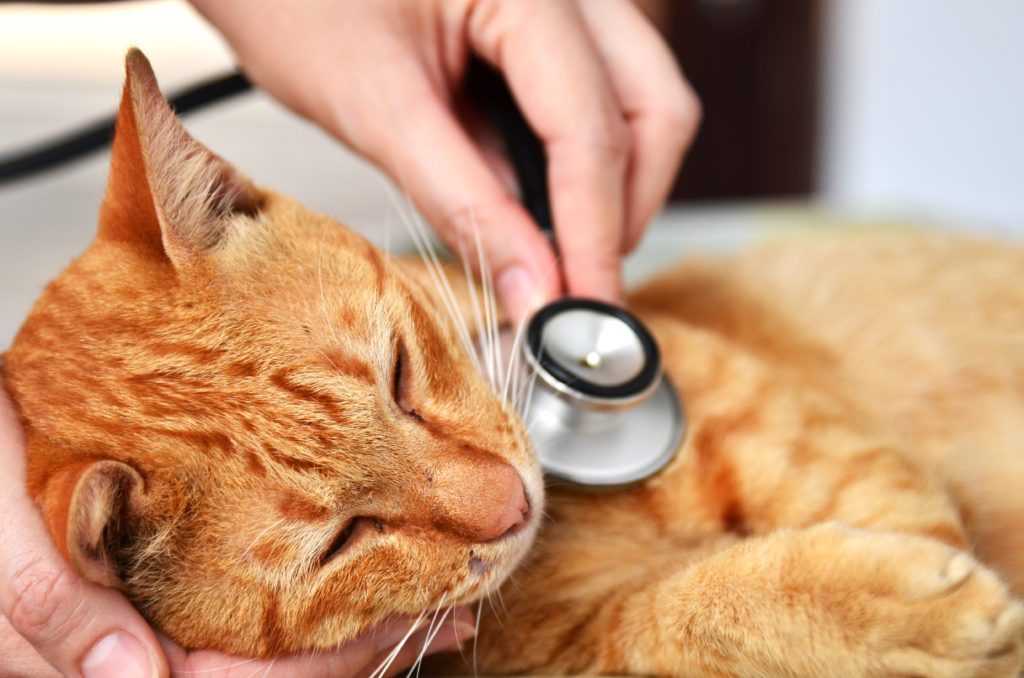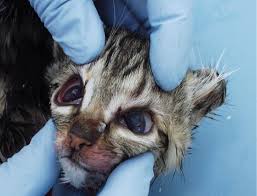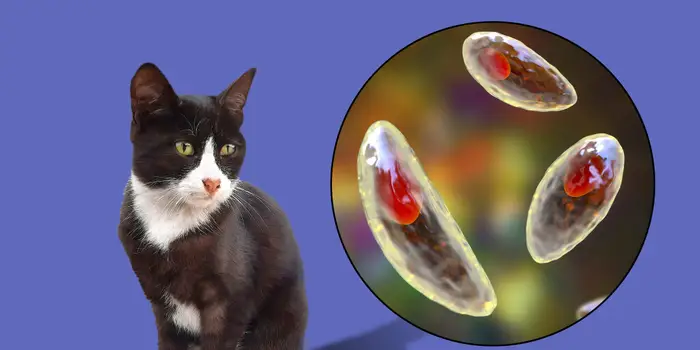Malattie per gatti
Conosci il tuo gatto meglio di chiunque altro, puoi vedere che non è lo stesso del solito. Ma non è sempre facile individuare un problema. Impara a rilevare i sintomi, le cause e come trattarli.
Sintomi e segni che dovrebbero avvisarti
Ecco i segni che il tuo animale domestico è probabilmente malato. Se noti che sta perdendo peso o al contrario che sta ingrassando. Se gli manca l'appetito anche se ha sempre mangiato correttamente o se beve eccessivamente. Se ti sembra meno attivo, non gioca più e si isola. Se urina spesso. Se non fa più le fusa. Questi sono segni inconfondibili che dovrebbero avvisarti.

Aiuti per gatti – Immunodeficienza felina (FIV)
AIDS o FIV (virus dell'immunodeficienza felina), è un virus che colpisce specificamente la razza felina. Pertanto non è trasmissibile per l'uomo o altri animali. È contagioso e trasmesso attraverso la saliva (morso). I gatti che vivono all'aperto sono maggiormente a rischio. I sintomi osservabili sono una febbre che non scompare, perdita progressiva di peso, anemia e infezioni ripetute. Al momento non esiste un vaccino contro la FIV.

Virus del calicivirus felino (FCV)
Il calicivirus è causato dal calicivirus, un virus che colpisce principalmente il tratto respiratorio. È una delle infezioni respiratorie più gravi. Febbre, starnuto, congiuntivite e una scarica più o meno purulenta dalle narici sono i sintomi principali di questa malattia cronica che è molto difficile da fermare.

Coryza – Rhinotracheite virale felina (FVR)
La coriza, il freddo del gatto o l'influenza, è una malattia infettiva estremamente contagiosa, chiamata anche rinotracheite virale. Colpisce principalmente il sistema respiratorio. Può essere grave, anche fatale, se non trattato e contro il quale è molto importante vaccinare il tuo animale domestico. Occhi e naso che cola, starnuti, tosse, febbre e perdita di appetito sono i sintomi più comuni.

Peritonite infettiva felina (FIP)
La peritonite infettiva FIP o fine è una malattia causata dal coronavirus. È una patologia molto grave, incurabile e fatale che colpisce principalmente i giovani che vivono nelle comunità. I sintomi principali sono la febbre, la perdita di appetito, la perdita di peso, il vomito, la diarrea e il deterioramento delle condizioni generali. Sfortunatamente, attualmente non esiste un vaccino contro la peritonite infettiva.

Leucosi felina (FELV)
La leucosi felina è una malattia virale terribile e altamente contagiosa, che ha somiglianze con “Aiuti per gatti” o FIV, ma non è trasmissibile per l'uomo. È causato da un virus chiamato virus leucemogenico felino o FELV. Esiste un vaccino, efficace al 100%, e questa prevenzione è essenziale perché al momento non esiste un trattamento curativo per la leucosi. I sintomi sono molto vari: tumori, gonfiore dei linfonodi, perdita di appetito, perdita di peso, febbre e diarrea cronica.

Virus del tifo felino – Panleukopenia (FPV)
Il tifo è una grave malattia virale infettiva che può essere fatale ed è altamente contagiosa. Si chiama anche Panleukopenia. È causato da un parvovirus che provoca gastroenterite infettiva. L'equivalente nei cani è il parvovirus canino. Grazie alla vaccinazione, è abbastanza raro in questi giorni. I sintomi principali osservati sono la diarrea emorragica, il vomito, la nausea, l'affaticamento grave, la febbre e la riduzione dell'appetito.

Rabbia
La rabbia felina è una malattia terribile perché è sempre fatale e trasmissibile per l'uomo. Non esiste un trattamento curativo, ma la vaccinazione, che non è obbligatoria, è raccomandata e rimane la migliore soluzione di prevenzione. È anche obbligatorio quando si attraversano i confini. Il virus viene spesso trasmesso da morso o graffio da un animale che trasporta il virus.

Toxoplasmosi felina
La toxoplasmosi è una zoonosi, quindi è trasmissibile dagli animali all'uomo. Occasionalmente può anche colpire il cane. Il gatto è contaminato dall'ingestione di prede, ratti, topi di campo e piccoli uccelli. Il più delle volte, l'infezione passa inosservata e un animale domestico sano di solito fa bene. Ma possono apparire sintomi di gattini o anziani, come una grave diarrea, febbre o difficoltà a respirare. L'animale deve quindi essere assolutamente portato dal tuo veterinario.

| Biscotto | Durata | Descrizione |
|---|---|---|
| cookielawinfo-checkbox-analytics | 11 mesi | This cookie is set by GDPR Cookie Consent plugin. The cookie is used to store the user consent for the cookies in the category "Analytics". |
| cookielawinfo-checkbox-funzionale | 11 mesi | The cookie is set by GDPR cookie consent to record the user consent for the cookies in the category "Functional". |
| cookielawinfo-checkbox-necessario | 11 mesi | This cookie is set by GDPR Cookie Consent plugin. The cookies is used to store the user consent for the cookies in the category "Necessary". |
| cookielawinfo-checkbox-altri | 11 mesi | This cookie is set by GDPR Cookie Consent plugin. The cookie is used to store the user consent for the cookies in the category "Other. |
| cookielawinfo-checkbox-performance | 11 mesi | This cookie is set by GDPR Cookie Consent plugin. The cookie is used to store the user consent for the cookies in the category "Performance". |
| visti_cookie_policy | 11 mesi | Il cookie viene impostato dal plug-in GDPR Cookie Consent e viene utilizzato per memorizzare se l'utente ha acconsentito o meno all'uso dei cookie. Non memorizza alcun dato personale. |